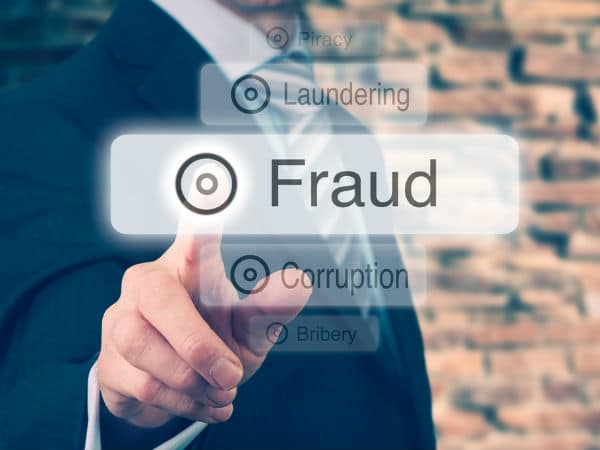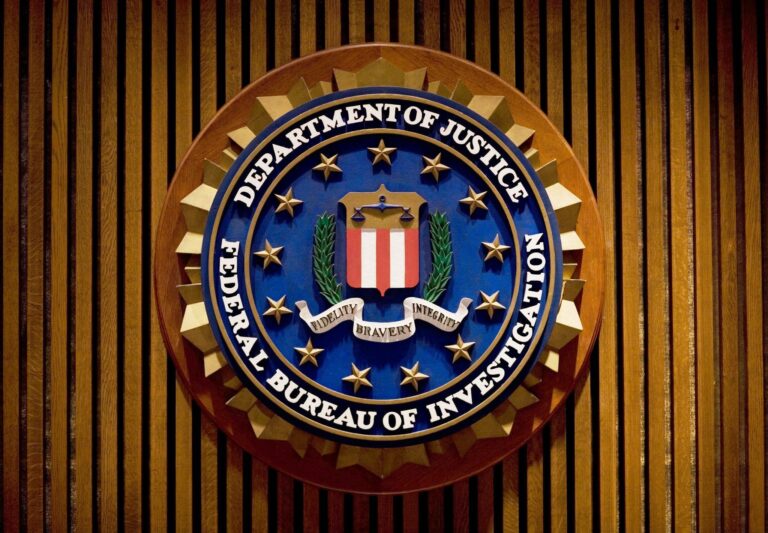Financial Fraud: Lottery Fraud – Scammers Target the Elderly
Scammers Target the Elderly
The telephone call came from out of the blue. The man on the line told the 83-year-old retired schoolteacher she had won a substantial lottery prize. All that was required to claim the windfall was to pay taxes and other fees.
Before it was over, the victim—a Virginia resident who had meticulously saved for her retirement—was out more than $500,000 in a scam that has become all too familiar among the elderly.
The criminals behind these lottery frauds and other telemarketing scams prey on senior citizens for a variety of reasons, according to Special Agent John Gardner, who investigated the woman’s case out of the FBI’s Washington Field Office and eventually helped put the Jamaican man who victimized her behind bars.
“The first thing to know is that lottery scammers have no empathy for the elderly,” Gardner said. “For them, it’s all about the money.” Seniors can be lured into the scam because they have financial difficulties, or they might have enough for themselves but want to leave a legacy for their children. Some may be suffering from mental decline or dementia. “Others are so lonely, they just want someone to talk to,” Gardner explained. “Some scammers become ‘best friends’ with their victims.”
There is also the issue of technology. The criminals—many who carry out their crimes from Jamaica—use Internet tools to mask their calls so they appear to be coming from U.S. numbers with particular area codes, such as Las Vegas.
“Elderly people grew up at a time when people weren’t defrauding people over the phone,” Gardner said. “They are not aware of these Internet masking technologies and are generally not suspicious when the telephone rings.”
The fraudsters are as persuasive as they are sophisticated. “The Jamaican lottery scammers are like an organized cyber crime group,” Gardner said. “They are closely knit, highly structured, and have U.S. associates—money mules—who help launder their money.”
The scammers who make the calls speak excellent English and use well-practiced scripts complete with rebuttals. They are experienced and extremely manipulative. To target victims of a certain age, they buy lead lists that are widely available online.
Gardner received the Virginia woman’s complaint in 2011. The ensuing investigation eventually resulted in the identification of seven subjects, all of whom were charged in connection with the lottery scheme. Six of those individuals have been convicted, and one is a fugitive. The ringleader, Paul Laing, 31, of Sandy Bay, Jamaica, was sentenced last month to 10 years in prison for his leadership role in the scheme.
Laing pled guilty in October 2015, admitting that he defrauded numerous elderly victims, including the woman from Virginia who lost her life savings. Laing instructed victims to send funds through wire transfers, the U.S. mail, and other means directly to him in Jamaica or to co-conspirators in the U.S. Those co-conspirators—the money mules—kept a portion of the proceeds and transferred the rest to Laing. The illicit funds ran to hundreds of thousands of dollars from more than 23 known victims, Gardner said, adding that there were likely many more victims who never came forward.
Jamaican Man Sentenced to 10 Years in Lottery Fraud Scheme
ALEXANDRIA, Va. – Paul Laing, 31, of Sandy Bay, Jamaica, was sentenced today to 10 years in prison for conspiracy to launder monetary instruments, in connection with his leadership role in an extensive Jamaican lottery fraud scheme. Laing was also ordered to pay $705,500 in forfeiture and restitution to victims of his offense.
Laing pleaded guilty on Oct. 16, 2015. According to a statement of facts filed with his plea agreement, Laing admitted to defrauding numerous elderly victims, including an 85-year-old woman who resided in Great Falls. Laing would contact his victims via phone calls and faxes and falsely inform them that they had won the lottery. He would then tell them that in order to collect their winnings they would need to send money to him and his co-conspirators to pay various alleged taxes and fees. Laing instructed victims to send funds through wire transfers, the US Mail and other means directly to him in Jamaica, or to co-conspirators in the United States. Those co-conspirators would keep a portion of the proceeds and then transfer the remainder to Laing.
Through this scheme, Laing received hundreds of thousands of dollars from his victims, several of whom depleted their life savings to satisfy his repeated demands for payment. Meanwhile, none of the victims ever received the lottery winnings that Laing had promised them.
Dana J. Boente, U.S. Attorney for the Eastern District of Virginia; Paul M. Abbate, Assistant Director in Charge of the FBI’s Washington Field Office; Maria L. Kelokates, Inspector in Charge of the Washington Division of the U.S. Postal Inspection Service; and Terence S. Opiola, Special Agent in Charge of U.S. Immigration and Customs Enforcement’s (ICE) Homeland Security Investigations (HSI) Newark, made the announcement after sentencing by U.S. District Judge T.S. Ellis, III. Assistant U.S. Attorneys Samantha P. Bateman, Karen Ledbetter Taylor, and Gene Rossi prosecuted the case.
A copy of this press release may be found on the website of the U.S. Attorney’s Office for the Eastern District of Virginia. Related court documents and information may be found on the website of the District Court for the Eastern District of Virginia or on PACER by searching for Case No. 1:14cr416.
Note: Don’t Fall Victim to Lottery Scams
The Federal Trade Commission—the nation’s consumer protection agency—offers the following advice to avoid falling victim to lottery scams and other telemarketing frauds:
– Don’t pay money to collect supposed lottery or sweepstakes winnings. If you have to pay to collect, you are not winning, you are buying. Legitimate sweepstakes don’t require you to pay insurance, taxes, or shipping and handling fees to collect your prize.
– Scammers pressure people to wire money through commercial money transfer companies because wiring money is the same as sending cash. When the money’s been sent, there’s very little chance of recovery. Likewise, resist any push to send a check or money order by overnight delivery or courier. Con artists recommend these services so they can get their hands on your money before you realize you’ve been cheated.
– Remember that phone numbers can deceive. Internet technology allows scammers to disguise their area code so it looks like they’re calling from your local area, but they could be calling from anywhere in the world.
Original Resources:






There are also frequent scams on FaceBook, notifying members that they have won the facebook lottery. Unfortunately there is no such lottery on facebook. The victim is asked to pay delivery fee of $200.00 to $400.00 to receive their prize. The give away is that the payment is to be made to some person in Africa. Eventually this will be refined to an address in the U.S. Just remember there IS NO FACEBOOK LOTTERY. Sadly facebook is extremely slow in investigating these scams.
I have been contacted 6 times by people claiming to represent this lottery. DON’T FALL FOR IT.
Kenneth
When you win of lottery, you receive the money, not to pay for your money…